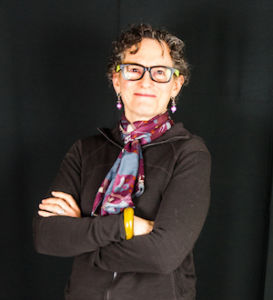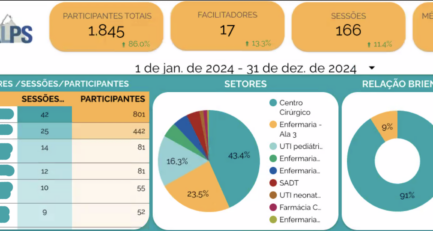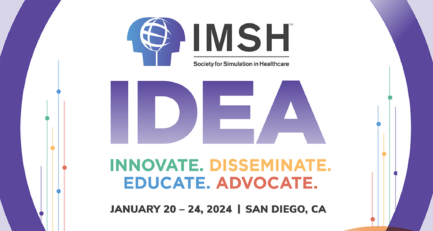
A post from Jenny Rudolph on developing simulation facilitators, reproduced from the Society for Simulation in Healthcare forums (http://simconnect.ssih.org/home):
“Developing simulation faculty, especially debriefing skills, is a passion of mine and a focus of the Center for Medical Simulation, where I work.
I think of three key skills in traditional debriefing: understanding and learning to develop a safe yet challenging context for learning; providing high quality feedback; and faculty learning to reflect on their own assumptions and mental models and helping learners do the same.
In rapid cycle deliberate practice or pause and discuss skills, there are some other key skills such as avoiding “guess what I am thinking questions” previewing the topic you are about to discuss, and providing clear guidance on the desired behavior you would like to see.
Walter Eppich and Adam Cheng and colleagues have a series of articles that will be helpful to you, including on how to do co-debriefing, how to help faculty focus on “learner-centered skills” and how to mix and match debriefing approaches (their PEARLS article). Here is their article on simulation faculty development: Faculty Development for Simulation Programs: Five Issues for the Future of Debriefing Training. – PubMed – NCBI
One of the central dilemmas for instructors is how to provide honest, non-threatening feedback while strengthening the relationship with the learner. Here is an article we wrote demonstrating how to do faculty development around this issue:
Rudolph J, Foldy E, Robinson T, Kendall S, Taylor S, Simon R. Helping without harming: The instructor’s feedback dilemma in debriefing–A case study. Simulation in Healthcare. 2013;8(5):304-316.
At the Center for Medical Simulation we have also developed a debriefing assessment tool that also serves as a framework for faculty development. The DASH (debriefing assessment for simulation in healthcare) Rater and Faculty Development Handbook as well as self-assessment and observer assessment tools are available for free on our website for the simulation community: Debriefing Assessment for Simulation in Healthcare (DASH) | Center for Medical Simulation
Here are two other articles by me and colleagues that provide a background on the DASH tool as well as the importance of establishing a safe learning environment:
Brett-Fleegler M, Rudolph J, Eppich W, et al. Debriefing Assessment for Simulation in Healthcare: Development
Rudolph J, Raemer D, Simon R. Establishing a safe container for learning in simulation: The role of the pre-simulation briefing. Simulation in Healthcare. 2014;339-49(6):339-349.
I would be very happy to discuss with you further if you would like.
All the best,
Jenny”

